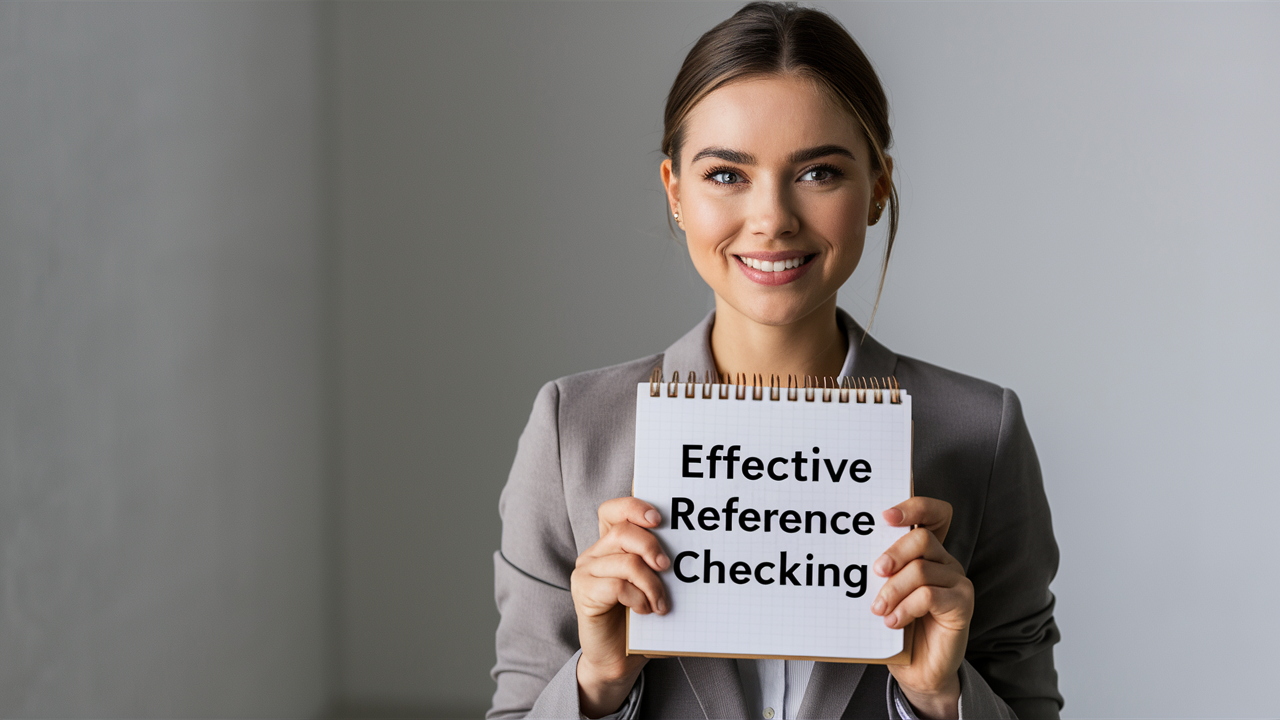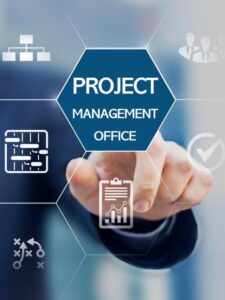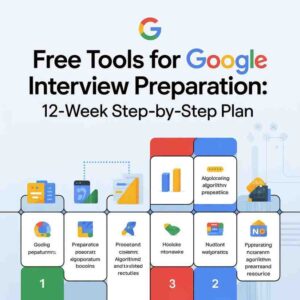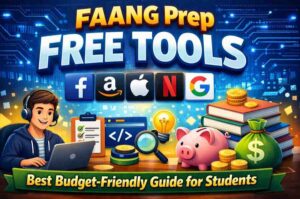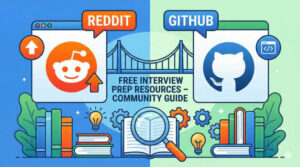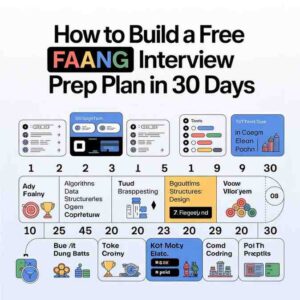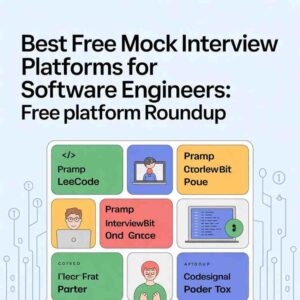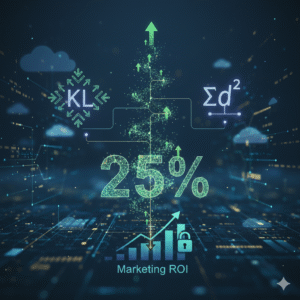When hiring for key positions, the importance of speaking with references cannot be overstated. This phase, often the final step in the hiring process, provides invaluable insights into a candidate’s true working style, character, and fit within an organization. By the time a candidate reaches this stage, they have been thoroughly vetted for skills and disposition, demonstrating their ability to perform the job. However, understanding what it is like to work alongside, above, or below them requires more than just interviews and resumes—it demands real-life perspectives from those who have experienced it firsthand. Here are the essential questions I ask for effective reference checking .
Getting to Know the Candidate on a Deeper Level
When I talk to a reference, I’m not just looking for confirmation of a candidate’s abilities. I’m seeking nuance, feel, and paradox—the aspects of their professional persona that reveal their true strengths and areas for improvement. Here are some of the questions I ask to delve into these dimensions:
1. What's something that would surprise us about them?
This question often unveils unexpected qualities or experiences that set the candidate apart.
2. Specifically, any areas where you were surprised they weren't as good as you expected with A, B, or C? Or much better than expected with D, E, and F?
It helps identify both hidden strengths and potential weaknesses.
3. What's the difference between how they interview and how they deliver on the job?
This question distinguishes between presentation skills and actual performance.
4. Is there a difference between how a boss, a peer, or a direct report would describe them? If so, what's the difference?
Understanding how they are perceived at different levels can reveal their adaptability and interpersonal skills.
5. If you were at another company, would you absolutely hire this person again for a similar role?
This gauges the reference’s overall confidence in the candidate’s abilities and potential for future success.
Understanding Work Relationships and Dynamics
A candidate’s interactions within an organization can be telling of their leadership style, collaborative nature, and ability to navigate workplace dynamics. These questions aim to uncover those aspects:
1. Who do they naturally gravitate to inside an organization? Or naturally avoid?
This sheds light on their preferred working environment and relationships.
2. What are they better at than they think, and, on the flip side, worse at than they think?
Self-awareness is crucial; this question highlights where they might overestimate or underestimate their skills.
3. What sort of things do they do that often go unnoticed or are under-appreciated?
Identifies valuable contributions that may not be immediately visible.
4. What don't they get enough credit for?
This question helps highlight overlooked strengths.
5.Can you tell me about the kind of people they've hired?
Provides insight into their judgment and standards in talent selection.
Analyzing Conflict Resolution and Adaptability
How a candidate handles disagreements, change, and challenges is critical. These questions explore their conflict resolution skills and adaptability:
1. Do they leave disagreements on good terms?
Reveals their ability to maintain professionalism and respect despite conflicts.
2. Are they more curious or critical about what they don't understand?
Indicates their approach to learning and problem-solving.
3. Can you describe a time when they changed their mind? From what to what, and what caused the change?
Shows their openness to new ideas and flexibility.
4. What's the one thing nearly everyone would say about them?
Identifies a core trait or reputation.
5.What kind of company feels like a natural fit? And which kind would be a challenge?
Helps assess cultural and environmental compatibility.
Assessing Strengths, Weaknesses, and Growth
Understanding where a candidate excels and where they need development is key to their future success. These questions aim to pinpoint these areas:
1. What's the best thing about working with them? And the hardest?
Highlights both positive and challenging aspects of their working style.
2. If you could change something about them, what would it be?
Provides a constructive critique.
3. Are they better working with what they have, or working with what they want?
Assesses their resourcefulness and ambition.
4. When have you seen them get in over their head? And how did that turn out?
Looks at how they handle high-pressure situations and challenges.
5. Have you seen them get better at something? Worse?
Evaluates their capacity for growth and areas of regression.
6. Do they make other people better? How?
Assesses their influence and mentorship capabilities.
Evaluating Communication and Influence
Effective communication and the ability to inspire others are crucial for leadership roles. These questions delve into these aspects:
1. Are they better at taking credit or giving credit?
Reveals their humility and recognition of others’ contributions.
2. Are they more likely to adjust to something, or try to adjust the thing?
Indicates their approach to change and problem-solving.
3. Primary blindspot? And bright spot?
Identifies their key weaknesses and standout strengths.
4. As well as you know this person, what do you think their secret career ambition is?
Provides insight into their long-term goals and motivations.
Final Insights
1. If they hadn't been at your company, how would your company have been different?
Shows the impact they had on the organization.
2. Can you remember a time you wished you had their advice on a decision, but you didn't?
Highlights their value as a decision-maker.
3. Have they ever changed your mind?
Indicates their persuasive skills and influence.
4. What's the easiest thing for them to communicate? And the hardest?
Assesses their communication strengths and weaknesses.
5. How have they changed during the time you knew them?
Looks at their personal and professional growth.
6. Do you still keep in touch even though you don't work together anymore?
Indicates the lasting impact of their professional relationships.
7. What do they need to be successful?
Identifies the support and resources they require.
8. Why do you think we'd be a better company with them on board?
Provides a compelling reason for their potential contribution.
9. Who else should I talk to that would have something to say about them?
Suggests additional references for a well-rounded perspective.

